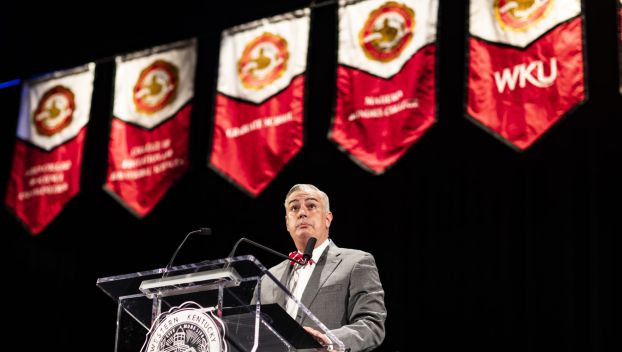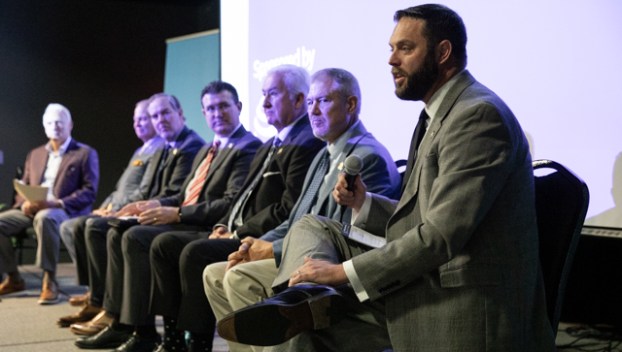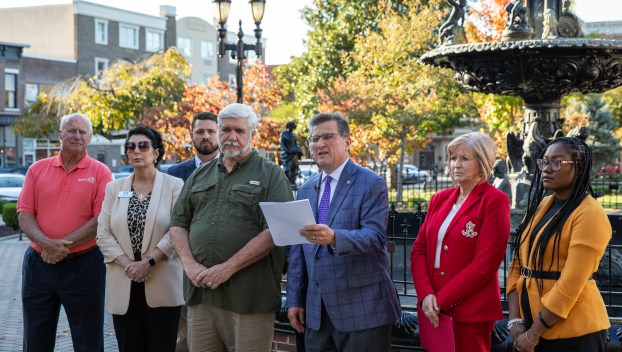News
Amid widespread fear for tenure, faculty review bill becomes law
DAVID MAMARIL HOROWITZ david.horowitz@bgdailynews.com The Kentucky General Assembly overturned the governor’s veto March 7 to pass House Bill ... Read more
DAVID MAMARIL HOROWITZ david.horowitz@bgdailynews.com The Kentucky General Assembly overturned the governor’s veto March 7 to pass House Bill ... Read more
BY DAVID MAMARIL HOROWITZ david.horowitz@bgdailynews.com A pathway has opened for Western Kentucky University to — pending approval ... Read more
BY DAVID MAMARIL HOROWITZ david.horowitz@bgdailynews.com To comply with a new state law, the city and county school districts ... Read more
BY DAVID MAMARIL HOROWITZ david.horowitz@bgdailynews.com A House bill proposes requiring candidates’ political parties to be displayed on the ... Read more

This is a follow up to last weekend’s article, “Bill filed to allow research doctorates at WKU.” On ... Read more

A bill proposed last week would allow Western Kentucky University to offer up to five research doctoral degree ... Read more
This is part two of a two-part roundup of several bills planned for Kentucky’s 2025 legislative session by ... Read more
BY DAVID MAMARIL HOROWITZ david.horowitz@bgdailynews.com This is part one of a two-part roundup of several bills planned for ... Read more

By DAVID MAMARIL HOROWITZ david.horowitz@bgdailynews.com Sixty-six percent of Warren County residents who voted on Amendment 2 rejected it ... Read more

BY DAVID MAMARIL HOROWITZ david.horowitz@bgdailynews.com Jerry Szpyrka, an unhoused Bowling Green resident, fears he’ll go to jail if ... Read more